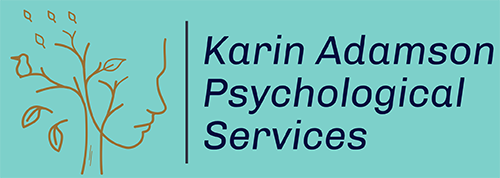What is Complex Post-traumatic Stress Disorder (C-PTSD)?
Complex post-traumatic stress disorder (complex PTSD), sometimes abbreviated as c-PTSD or CPTSD, is a condition that combines some symptoms of PTSD with additional distressing experiences. Here are the key features of complex PTSD:
-
Symptoms:
- Difficulty Controlling Emotions: Individuals with complex PTSD struggle to manage their emotions effectively.
- Feelings of Anger and Distrust: They may harbour intense anger or distrust toward the world.
- Persistent Emptiness or Hopelessness: A constant sense of emptiness or worthlessness.
- Perceived Permanent Damage: Feeling as if they are permanently damaged or fundamentally different from others.
- Challenges in Relationships: Avoiding friendships and relationships or finding them extremely difficult.
- Dissociative Symptoms: Experiencing depersonalisation (feeling detached from oneself) or derealisation (feeling detached from the world).
- Physical Symptoms: These can include headaches, dizziness, chest pains and stomach aches.
- Frequent Suicidal Feelings.
-
Emotional Flashbacks:
- People with complex PTSD are prone to emotional flashbacks.
- During these flashbacks, intense feelings (such as fear, shame, sadness or despair) from the original trauma resurface.
- They may react to present events as if those feelings are currently happening, without realising it’s a flashback.
-
Causes:
- Complex PTSD can result from prolonged or repeated trauma over months or years.
- Traumatic events associated with complex PTSD include:
- Childhood Abuse, Neglect, or Abandonment
- Ongoing Domestic Violence or Abuse
- Witnessing Violence or Abuse Repeatedly
- Forced Prostitution (Trading Sex)
- Torture, Kidnapping or Slavery
- Early trauma during childhood increases the risk of developing complex PTSD.




